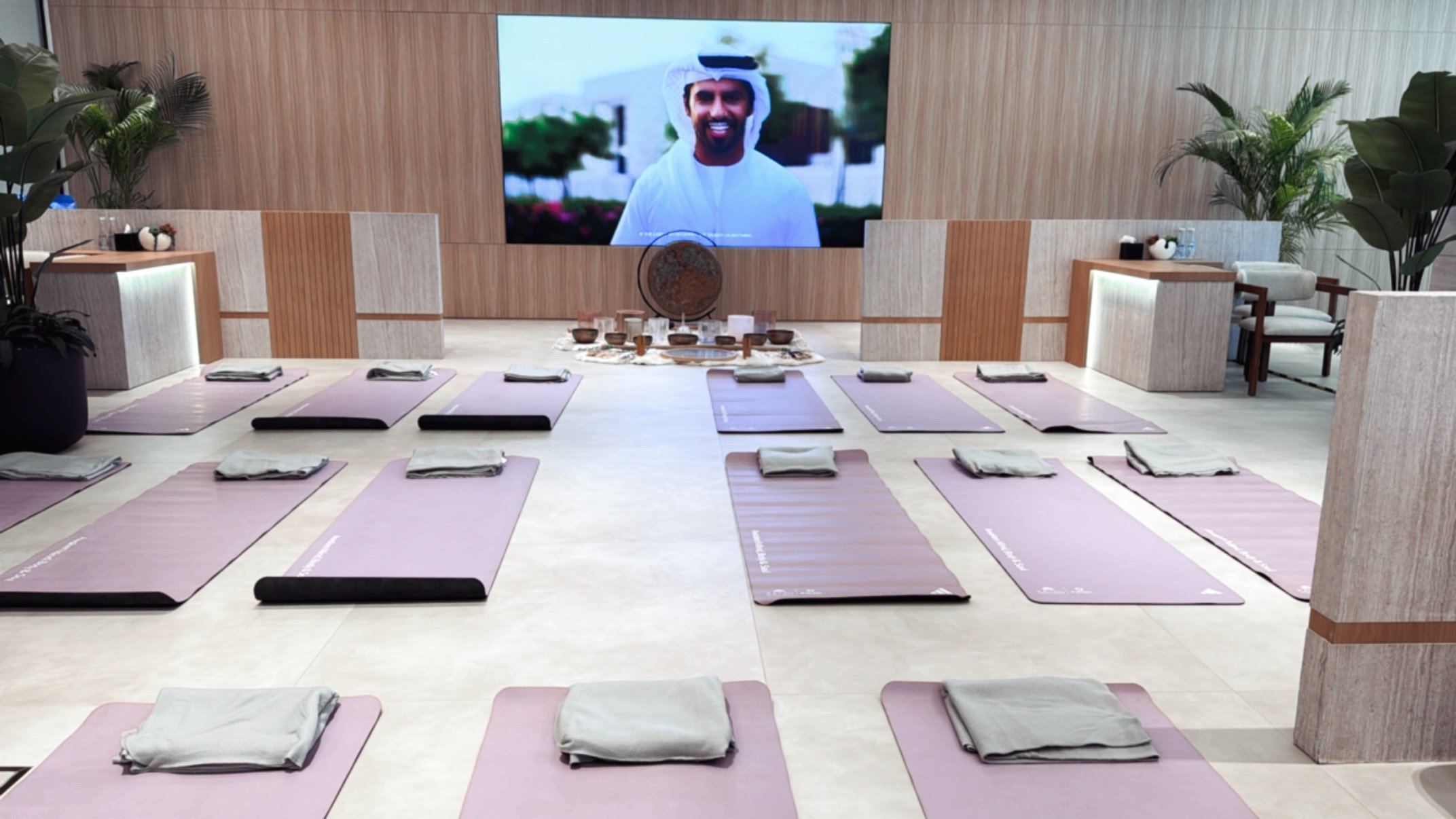How to Cultivate More Gratitude
You hear it all the time – “be grateful”, “adopt an attitude of gratitude”, “they key to happiness is gratitude”, but how do we actually achieve this (especially during the difficult times in our life)?
Grateful vs. Thankful
Often confused with thankful, gratitude is a state of consciousness that knows that every experience in your life, whether painful or positive, is leading you on the right path and is serving your highest good. Thankful however, is the feeling of being pleased and relieved about a situation and being happy that it happened. While we may not be thankful for a breakup, losing our job, or making a mistake, we can certainly be grateful that it happened. Additionally, gratitude for a situation can often come in hindsight, whereas when we are thankful for something the reaction is usually immediate. We can all think back to painful experiences of our past that seemed completely awful at the time but looking back we can realize that those experiences were some of the best things that happened to us – this is incredibly helpful to remember whenever we face new difficult experiences.
Why Gratitude?
Living in a state of gratitude makes us more courageous, happier, and more loving people. As Dr. Brene Brown has discovered in her research, people who describe themselves as living a joyful life “actively practice gratitude and attribute their joyfulness to that practice”.
Adopting a gratitude mindset not only improves our general well-being, but it also increases our resilience, strengthens our relationships, reduces stress and anxiety, and helps ease depression.
Every time we express gratitude, we trigger a mental and emotional state that propels us into a state of joy, or at the very least a state of peace.
We must remember that we are the ones creating our experiences in life. We are the ones who shape the meaning of our past. We are the ones who determine how well we do, regardless of the circumstances we are placed in. When we focus on our capacity and not our circumstances, we can realize that we have the power to create our desired futures, regardless of what we see in front of us today. Adopting this mentality allows it to be much easier to practice gratitude, and in turn take control of our lives.
How to Adopt a Gratitude Mindset
In addition to shifting our thinking, there are also many exercises that we can do to practice gratitude. The more we practice these exercises (we recommend doing at least one per day), the more we will shift our subconscious into a state of gratitude, and the easier it will become with time. Although these exercises can be done at any time of the day, we recommend practicing them in the morning so that your state of gratitude can last for the entire day.
Before getting out of the bed each morning, close your eyes and think of at least 10 things that you are grateful for. Repeat again right before you fall asleep.
If you live with family or a significant other that eats breakfast or dinner together, go around the table and say one thing you are grateful for that day.
Utilize gratitude journals and make an effort to complete a page each day. THESE are our favorite gratitude journals at Altha.
Before you sit down to eat each meal, close your eyes, and think of 5-10 things that you are grateful for.
When you face a painful situation, ask yourself questions that will help change your mindset to one of gratitude such as “What can I learn from this experience?”, How can I benefit from this?”, “What about this can I be grateful for?”
Verbally express gratitude whenever possible. While cultivating gratitude within ourselves is incredibly beneficial, it is also important to express it verbally. Make it a point to tell the people you love or that bring you joy how grateful you are for them on a regular basis.
Get a gratitude “trigger” item to place in your home that will represent gratitude. Each time you pass it or look at it, think of something you are grateful for.
Express gratitude for yourself. On a regular basis (we recommend once a week), write down 10 things about yourself that you are grateful for. Not only will this help you cultivate gratitude, but it will also help you cultivate self-love.
---
New to Altha? We are an LA-based modern sound healing-focused wellness company committed to creating bespoke experiences in Los Angeles, Beverly Hills, Marina Del Rey, Orange County and beyond!
Frequently Asked Questions
-
A. Working with a certified sound healer offers the assurance of trained expertise, ensuring a more effective and safe therapeutic experience with the potential benefits of stress reduction, relaxation, and overall well-being.
-
A. A sound bath event is a meditative experience where participants are immersed in therapeutic sounds, typically produced by instruments like singing bowls and gongs, to promote relaxation and a sense of well-being through the vibrational frequencies generated during the session.
-
A. Health and wellness products can support a healthy lifestyle by providing essential nutrients, promoting physical activity, and aiding in stress management, contributing to overall well-being.






